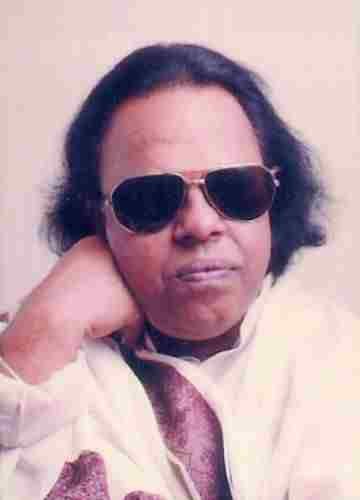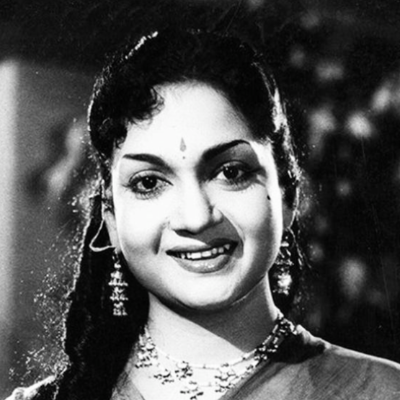This section is for paid subscribers only. Our subscription is only $3700/- for one full year.
You get unlimited access to all paid section and features on the website with this subscription.
Subscribe to read full article
This section is for paid subscribers only. Our subscription is only $37/- for one full year.
You get unlimited access to all paid section and features on the website with this subscription.
Not ready for a full subscription?
You can access this article for $2, and have it saved to your account for one year.
- Release Date1955
- GenreDrama
- FormatB-W
- LanguageTamil
- Run Time145 min
This film had an unusual plot that dealt with the financial problems of salaried, lower-middle-class families. It broke away from the filmic traditions of the time of eschewing romantic sequences, duets, and fights.
Although he handles a lot of cash as a bank clerk, Sivagnanam’s pay is meager but he and his devoted wife, Lakshmi, can just about manage to get by. Their daughter’s marriage is being negotiated and two other children are at school. The bank where he works crashes; so he starts looking for a job but can find no opening. Dejected, he decides to kill himself, hoping to make the insurance money available to the family. His soul reaches the court of Yama, the lord of death, in the netherworld. Angered by his irresponsible act, Yama sends him back to earth to see for himself whether the purpose for which he took to earth to see for himself whether the purpose for which he took his own life has been fulfilled.
He is able to observe the goings-on but cannot participate as he cannot be seen or heard. He watches, helplessly, his son being taken away by the police for stealing food, his daughter molested and his wife drowning herself in a well after murdering the molester. Sivagnanam realizes his folly in abandoning his family and family and screams, only to find that the whole series of dreadful events have been a mere dream.
Though the content of this film was refreshingly new, it forms was quite conventional. It was shot mostly indoors, with painted backdrops and rudimentary sets. The shots were mostly mid-close-up. Iris was used as a device to change shots. The most notable feature was Sivaji Ganesan’s convincing portrayal of the harassed bank clerk. Featuring gods and goddesses in a film with a contemporary setting gives Mudhal Thedhi a unique flavour. In one sequence, Brahma the god of creation, explains to the bewildered Sivagnanam the perceived injustices in the world.
N S Krishna, in a sub-plot, plays the role of a carefree clerk, a colleague of Sivagnanam. He, along with T A Mathuram, fill the slot of the kattiyakaran of traditional Tamil drama who provided comic relief and social comments. N S Krishnan deals with unemployment, economic inequality, and hypocrisy in high places and sings a song on the plight of salaried class, a song that proved enduring. Noted Carnatic musician, Dandabani Desikar, then a professor of music at Annamalai University, sang two songs in this film.
[from the book The Eye of the Serpent by S Theodore Baskaran]
Cast
Crew
-
BannerPadmini Pict, Madras
-
Director
-
Music Director
-
Cinematography








.jpg)



